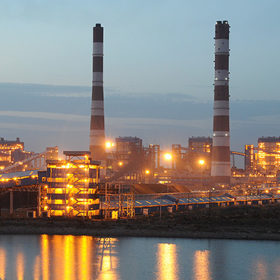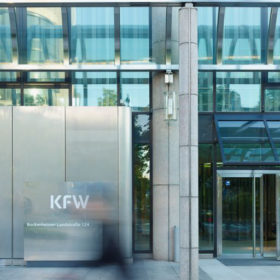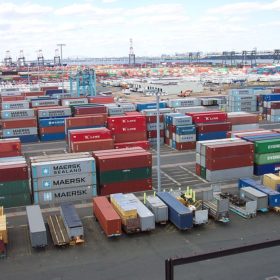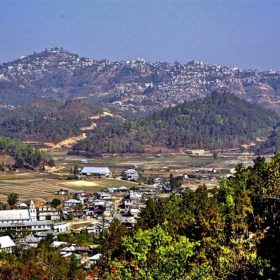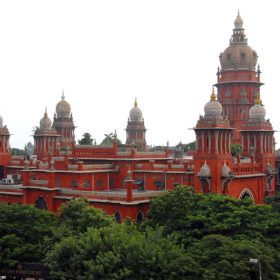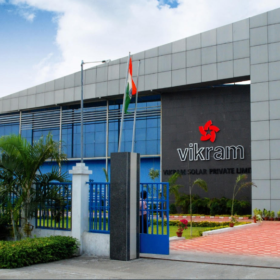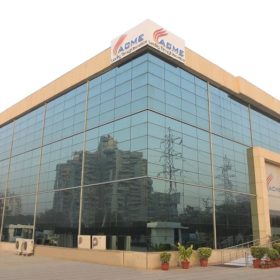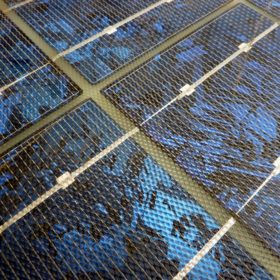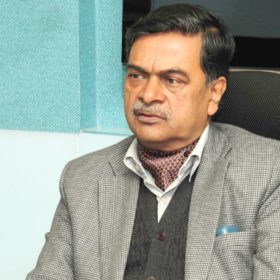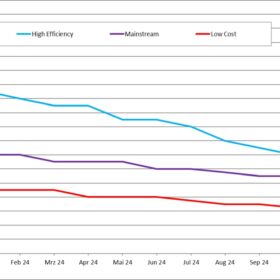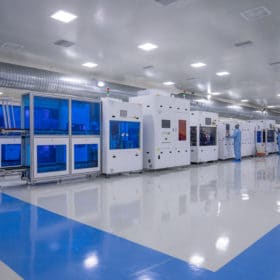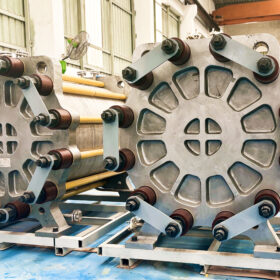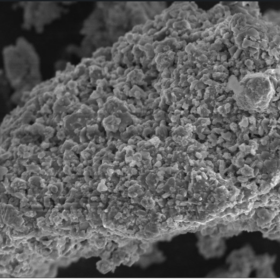Low tariff secured for NTPC’s 2 GW solar auction
Amidst the Indian government’s yo-yoing on the 25% safeguard duty, the National Thermal Power Corporation’s (NTPC) auction to develop 2 GW of interstate transmission system (ISTS)-connected solar PV projects attracted a low winning tariff of Rs. 2.59 (US$0.0372) per unit.
KfW signs €200 million loan agreement with REC for rural PV development
In 2015, Germany and India signed a deal outlining plans by Germany to provide loans amounting to €1 billion for the development of Indian solar PV plans. Loans are provided through development bank, KfW. On the Indian side, REC issues low-interest loan schemes in conjunction with private sector participation to disperse the funds.
Solar Imports: India defers safeguard duty, provides relief to ongoing projects
Even though postponing the duty on solar cell imports from China and Malaysia is not a long-term resolution, it will offer relief to developers with ongoing PV projects, especially for those with shipments in transit or which arrived after 30 July.
Sungevity pursues plans to build 100 MW site in Mizoram
The solar company has handed in detailed project reports for a planned 100 MW PV plant in Mizoram. The state introduced an incentive scheme last year, and held an investors summit in April of this year. According to company information, the project arose from the summit held in April.
Court clears solar imports from customs without paying safeguard duty
As per the court order, Shapoorji Pallonji can retrieve its solar PV panel consignment at Chennai port, which has been cleared by customs, provided it pays the safeguard duty in case the related notification is upheld.
Court to hear Vikram Solar’s safeguard duty petition next week
The Government of India will also consider changes to the 25% safeguard duty imposed on solar cell imports from China and Malaysia only after the next hearing in the Odisha High Court, which stayed the levy.
Acme Solar to quit projects if safeguard duty not passed on to utilities
As of July, Acme Solar had about 2.8 GW solar projects at different stages of development across India. Recently, it won another 600 MW of SECI’s 3 GW interstate transmission system (ISTS) tender, at a tariff of INR 2.44/unit (USD 0.036/unit).
Safeguard duty fallout: NTPC and MPUVNL delay solar auctions
Responding to developer requests, the state-run NTPC has deferred a 2 GW solar auction by a week, to Tuesday. Madhya Pradesh Urja Vikas Nigam Ltd is another state-owned corporation that has extended its bid submission deadline – for 33 MWp of rooftop solar – from August 9 to August 17, after similar requests.
Few winners as India imposes 25% safeguard duty, says IHS Markit
The tariff means PV projects will pause as developers adjust procurement strategies and new tenders risk delays or cancellation. The two-year limit on the duty will not be long enough to prompt more cell manufacturing capacity and as for imports, there are doubts over how the origin of cells will be adjudicated so that Chinese and Malaysian cells are subject to the charge, say analysts.
India well on track for 100 GW target, claims minister
Narendra Modi’s Minister for New and Renewable Energy has waved aside complaints about safeguarding duties by telling India’s upper house the nation’s ambitious four-year solar target is ‘comfortably’ within reach.
